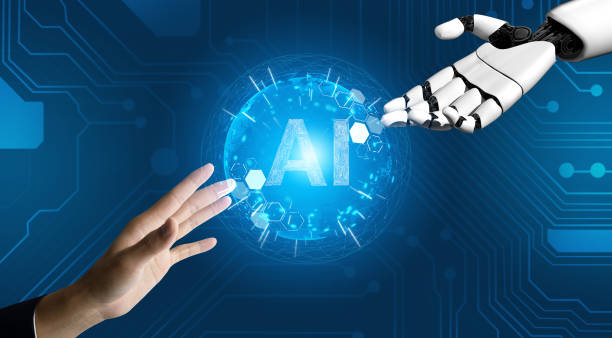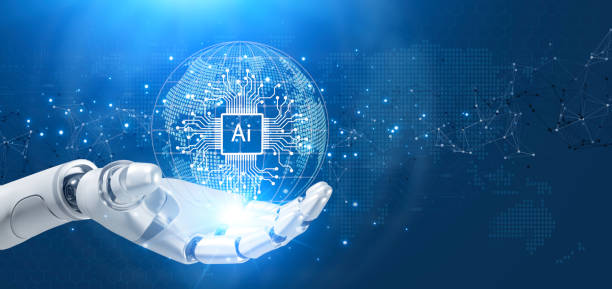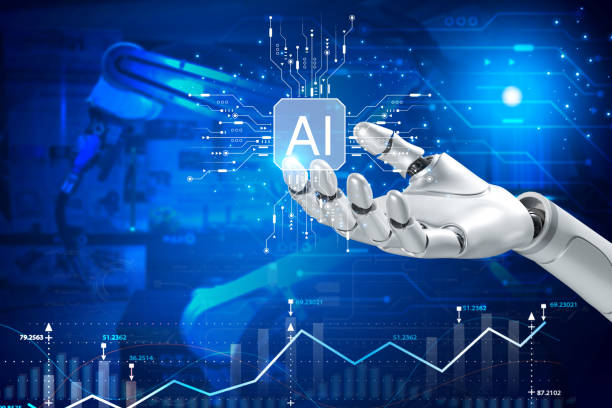Artificial Intelligence (AI) has swiftly embedded itself into various facets of our daily lives, revolutionizing how we live, work, and interact. From personalized recommendations on streaming platforms to advanced medical diagnostics, AI’s influence is ubiquitous and transformative.

1. Personalization and Recommendations
AI algorithms analyze vast amounts of data to tailor recommendations on platforms like Netflix, Spotify, and Amazon. By understanding user preferences and behaviors, AI enhances user experience, suggesting content, products, and services that match individual tastes.
2. Healthcare and Medicine
In healthcare, AI aids in early disease detection through image analysis and predictive analytics. Radiology and pathology benefit significantly, with AI algorithms assisting doctors in diagnosing conditions accurately and swiftly. Moreover, wearable devices powered by AI monitor health metrics, offering proactive insights for personalized healthcare.

3. Automation and Efficiency
Industries worldwide utilize AI to automate routine tasks, enhancing efficiency and productivity. Manufacturing, logistics, and customer service sectors leverage AI-driven robotics and chatbots to streamline operations, reduce costs, and improve service delivery.
4. Education and Learning
AI’s role in education extends from personalized learning platforms that adapt to individual student needs to AI tutors that provide real-time assistance. It transforms traditional classrooms into interactive spaces, catering to diverse learning styles and fostering better educational outcomes.
5. Smart Homes and IoT
The concept of smart homes integrates AI to control and manage devices like thermostats, lights, and appliances autonomously. AI-powered virtual assistants, such as Amazon Alexa and Google Assistant, respond to voice commands, enhancing convenience and connectivity within homes.
6. Finance and Banking
In the financial sector, AI algorithms analyze financial data to detect fraud, manage investments, and offer personalized financial advice. Chatbots handle customer queries efficiently, while AI-driven algorithms predict market trends, optimizing trading strategies.
7. Transportation and Mobility
AI powers self-driving cars and predictive maintenance systems in transportation, promising safer, more efficient travel. Traffic management systems leverage AI to reduce congestion and optimize routes, enhancing urban mobility.
8. Environmental Impact
AI contributes to environmental sustainability through predictive analytics and resource management. It monitors and analyzes environmental data to mitigate risks, manage resources more efficiently, and support sustainable practices across industries.
9. Ethical and Social Considerations
Despite its benefits, AI raises ethical concerns related to privacy, bias in algorithms, and job displacement. Addressing these challenges requires ethical guidelines and regulations to ensure AI development prioritizes human well-being and societal values.

10. Future Outlook
Looking ahead, AI’s evolution promises continued integration into daily life, further enhancing efficiency, convenience, and quality of life. Advancements in AI ethics, coupled with responsible deployment, will shape its future impact positively.
In conclusion, AI’s impact on daily life is profound and multifaceted, shaping how we live, work, and interact with our surroundings. Embracing its potential while addressing challenges ensures a future where AI enriches lives responsibly and ethically.

